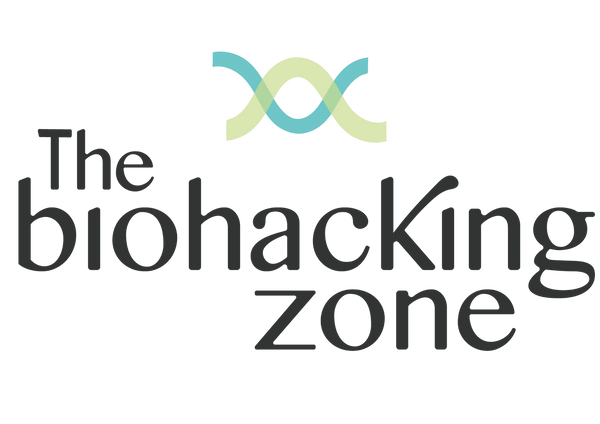Understanding Endotoxemia:
The journey begins with the intricate world of gut bacteria. Certain bacteria possess cell membranes containing molecules called lipopolysaccharides (LPSs), known as endotoxins. Typically, these LPSs stay within the gut, held in check by tight junctions in the gut lining. However, factors such as heavy metals and toxins from breast implants can disrupt these tight junctions, leading to increased permeability, often referred to as a "leaky gut." This breach allows bacterial LPSs to escape from the gut into the bloodstream, resulting in a condition known as metabolic endotoxemia.
This heightened intestinal permeability leads to a two to threefold increase in the serum concentration of endotoxins, causing widespread inflammation and escalating the body's toxic load.
This sets off a cycle of health deterioration:
- Inflammation of the gut lining, leading to a leaky gut
- Impaired nutrient absorption, particularly of vital elements like vitamin B12, magnesium, and iron
- Vigorous immune response to the LPS particles, contributing to
- Gastrointestinal issues, eventually progressing to various autoimmune conditions
Autoimmune diseases can, in turn, trigger inflammation of the gut lining, perpetuating this detrimental cycle. The constant release of LPS from the gut into the bloodstream fuels inflammation, exacerbating each stage of this process and serving as a fundamental contributor to conditions associated with breast implant illness.
Metabolic endotoxemia is a potent immune stimulator, causing chronic inflammation. Leaky gut serves as the primary driver of translocated LPSs, indicating that individuals with breast implant illness likely experience some degree of endotoxemia and immune dysregulation.
Symptoms of Endotoxemia: The repercussions of metabolic endotoxemia manifest in a range of symptoms, including but not limited to:
- Food sensitivities
- Histamine intolerance
- Nutrient deficiencies (B12, iron, minerals, fat-soluble vitamins)
- Autoimmune diseases
- Fatigue
- Anxiety and depression
- Weight gain
- Hyperlipidemia and high triglycerides
- Insulin resistance and diabetes
- Inflammation and pain
Additional symptoms may include:
- Leptin resistance and weight gain
- Chronic constipation
- Brain fog and memory issues
- Anorexia and other eating disorders
- Chronic pain
- Parkinson's disease and Alzheimer's disease
- Low hormones, especially testosterone
Addressing Endotoxemia: Mitigating the impact of endotoxemia involves comprehensive lifestyle and therapeutic interventions.
- Dietary Changes: Adopting a clean, whole-foods diet that eliminates inflammatory elements such as gluten, grains, and refined sugar is crucial. Prioritizing organic, non-GMO foods helps counteract the adverse effects of glyphosate on the microbiome.
- Neutraceuticals: Utilizing substances like serum-derived bovine immunoglobulins can neutralize LPS sources, enhancing mucin production and fortifying the gut lining. These immunoglobulins have demonstrated effectiveness in binding to various pathogens, offering a passive form of immunity.
- Probiotics: Specifically, incorporating probiotics like Megaspore Biotic has shown the ability to reverse leaky gut without requiring changes to the diet. This targeted approach aids in restoring gut health.
- Lifestyle Modifications: Beyond dietary adjustments, removing the primary source of toxins—breast implants—and substituting toxic products with safer alternatives is crucial. Engaging in appropriate exercise, mindfulness practices, and detoxification activities further contributes to overall well-being.
- Comprehensive Lab Workups: Tailoring interventions based on individual needs requires thorough lab workups. Assessing infectious burden, identifying issues like Lyme or mold, and understanding hormone detoxification pathways provide valuable insights.
It's essential to recognize that the post-explant healing journey is unique for each individual. Collaborating with a qualified practitioner well-versed in Breast Implant Illness can offer personalized guidance towards detoxification and recovery. If you seek more information on detox and healing after explant, feel free to reach out for assistance.


